I’m a theatre-maker working behind bars. Last night I led the 4th workshop of a multi-month process aimed at devising a new, 60-minute work of American theatre about the origin of American violence.
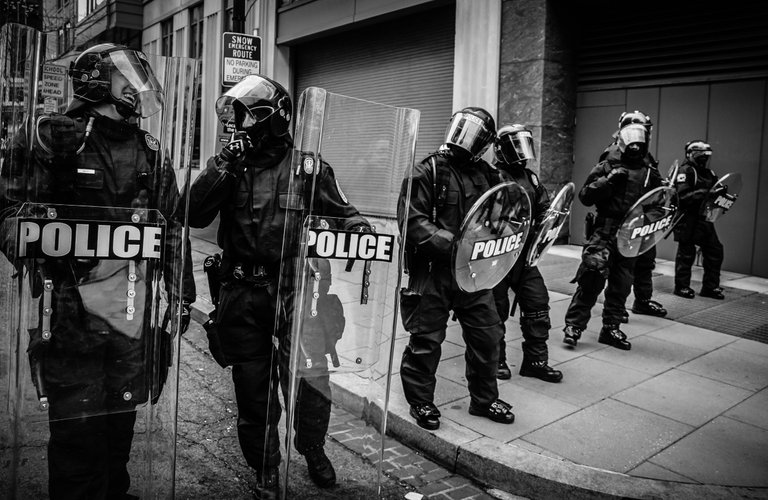
I just went to prison for 5 months. Again. | 01
I just went to prison for 5 months. Again. | 02
I just went to prison for 5 months. Again. | 03
I just went to prison for 5 months. Again. | 04
For the last 4 weeks I’ve been writing about my experience as a “college professor” with University Beyond Bars, a nonprofit offering college-level courses to inmates, and the opportunity to earn Associates and Bachelors degrees.
Today I’m writing the latest piece of this series, documenting the 4th workshop held during the creation of an original piece of live theatre about American violence sourced from 27 men incarcerated at a medium security unit in Washington state.
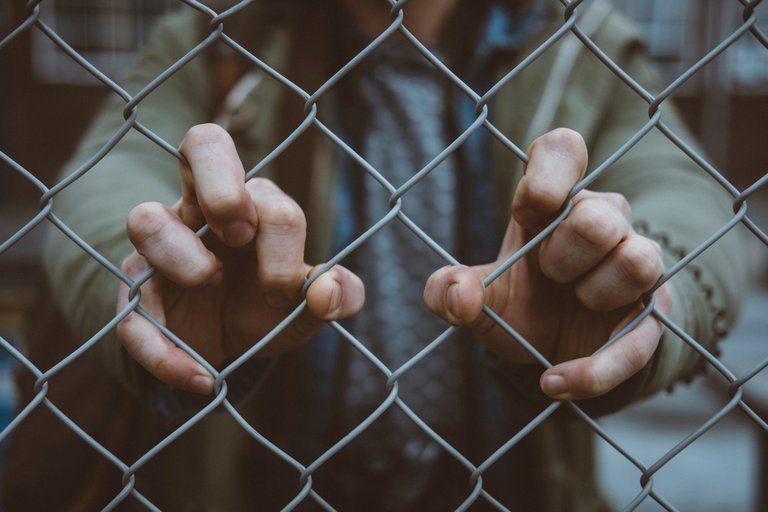
I think we all know that America has an incarceration problem.
To even begin to solve this problem, I think it’s really important to break our national issue down to a state-wide and community level so we can get to the heart of the issue locally as well as nationally. Today, I’ll share with you some specific data on Washington state and our prison system.
A fantastic resource I’ve found is The Sentencing Project, a site that gives you state-by-state data via an interactive map, as well as other engaging resources to help you find valuable information.
Here are the stats on Washington:
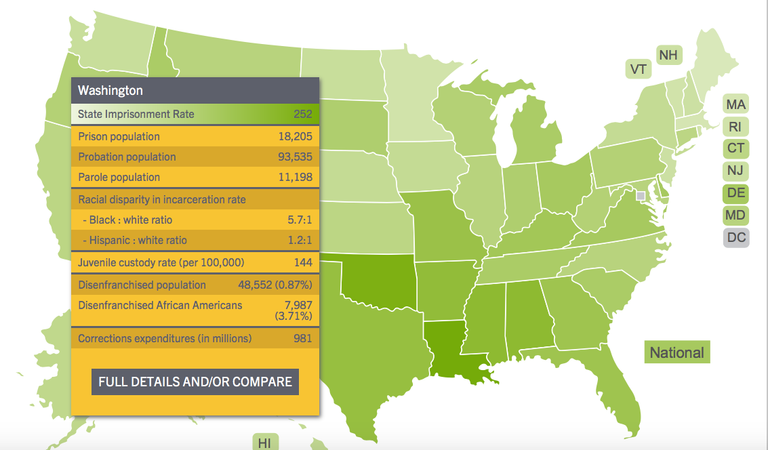
Another fantastic resource is the Prison Policy Initiative.
They offer some of the best data, graphs, and easy-to-use statistics on the internet in my opinion. Not only do they help to paint a detailed picture of our national issues, they also give detailed information on each individual state.
I’m going to share with you some of the interesting graphs I found illustrating Washington’s incarceration data:
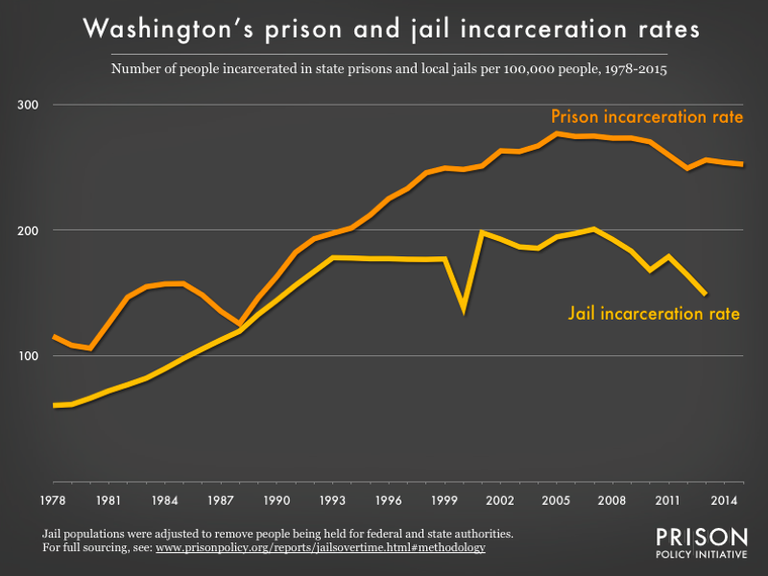
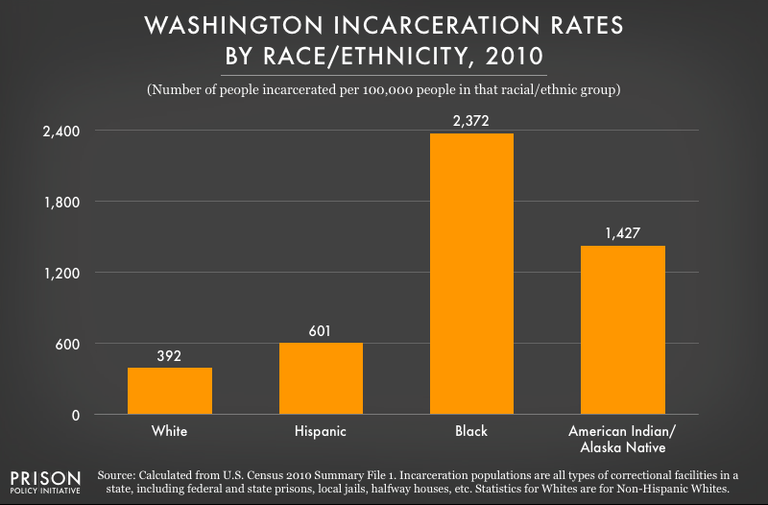
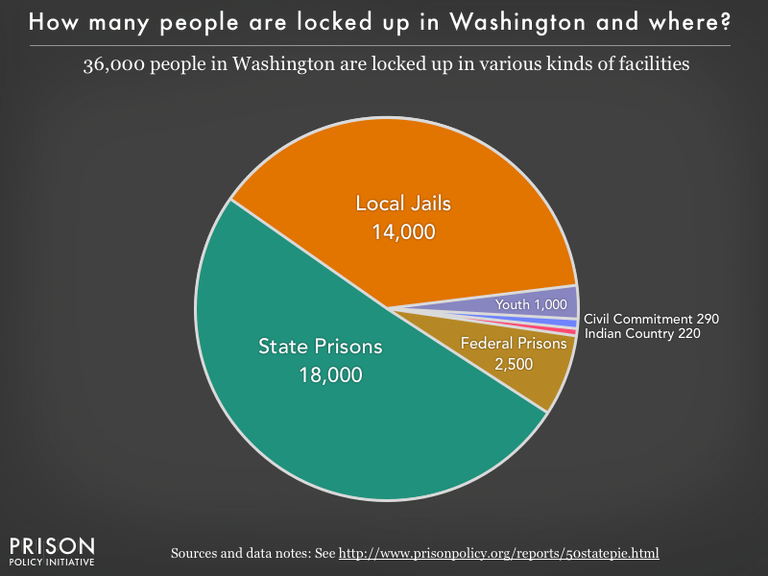
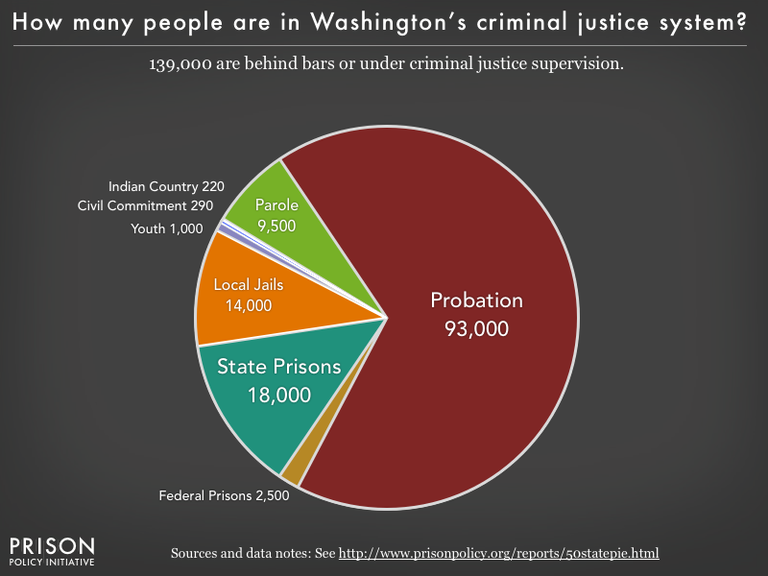
As you will see, Washington follows many similar national trends: rising incarceration rates, disproportionate ratio of people of color being locked up compared to whites, etc...
If you really dig in and compare this data to national trends you will find that despite our issues, Washington still has significantly lower rates of incarceration than other states. Another important distinction is that Washington crimes tend to be less violent overall.
While I am not saying that Washington is getting it right with their incarceration policies by any means, I have noticed a greater ease in these institutions than those I have worked in elsewhere. For example, I worked for two years in medium and maximum security prisons in New York, and their policies were far more strict and rigid.
In particular, while teaching in New York I was leading a Theatre of the Oppressed workshop. For this workshop, I wanted to bring in an assortment of readings from the following books: Theatre of the Oppressed by Augusto Boal and Pedagogy of the Oppressed by Paulo Freire. In New York, the DOC (Department of Corrections) would not allow me to bring in the physical books, or call my class Theatre of the Oppressed officially, because the word “oppressed” was problematic. I was only able to bring in small readings from these texts that were carefully passed through corrections to make sure there was no provocative text.
In Washington, bringing in these books has been no problem. Not only can I provide readings freely, I can bring in the actual books and even loan them out for the week as a lending library if I choose. Again, I’m not saying Washington is a great place to be imprisoned, but I do notice that there’s a slightly more progressive mindset here.

This week was my fourth class in this process, and Wednesday night we continued the process of “Exploring” the theme of American violence.
Last week we had begun to build short performances based on the following 4 statements:
Where I’m from it’s okay to kill at a young age
Where I’m from we believe in God.
Where I’m from we don’t trust the government.
Where I’m from it’s okay to be violent, as long as it stays within the family.
We picked class back up in small groups and I ask the men to craft the following for a short 3-5 minute performance piece:
(1) Using your central statement, create an image incorporating everyone in your group that is a physical representation of the statement. This is now the middle image in a series of 5. Also create 2 images showing 2 moments before, and 2 images showing 2 moments after. The end result is a series of 5 images--be thoughtful about you might transition between these images, and use interesting moment to help tell a story!
(2) Each person in each image is a character based on the work last week. As you move through your series of images you must choose two points during which at least two characters share some of their inner monologue/thoughts about the circumstance you are crafting.
(3) During your piece, you must also create a short scene between 2 of the characters who share an opposing view on the topic you are sharing.

The end result of this work were 4 uniquely striking performances that stirred up rich conversations about characters, storylines, and statements made throughout the sharing. The men took us from a soup kitchen, to a church in Texas, to the frontline of a protest, creating strong physical images and diverse characters.
After the performances, we then spent the rest of our time in class generating as much raw material to work with in the coming weeks as possible. To do this, I asked each man to think of the character he had just been working with. One by one, I asked each character to sit before us on stage and allow the audience to interview them (finding out more about who they are and what motivates them).
Once I find an interesting thread in a character interview, I play into it, ask a few leading questions, and activate an improvised scene based out of that. For example, on Wednesday a man made the offer of a white supremacist corrections officer working at a prison, Officer Whitey. Through the interview process we found that this character could not accept anything outside of his world view, so I asked him a leading question: “How did he feel about the prison hiring a new, Black warden to run the institution?” The actor wasn’t ready for that question and neither was the character, which made it a great place of exploration. Needless to say, I had a bounty of volunteers ready to play the warden in this scene.
I allowed each of these short improvisations to play out for 60-90 seconds and then froze them. After each, I captured basic notes on the set-up for the scene to use as “seeds” for next week when I ask pairs of students to build out these stories in greater detail into a thought-out 5-minute scene.
Based on the stories we started to create on Wednesday night, I’m excited to see where this will go in the next few weeks!

This week I also want to share with you more details about our rehearsal plan and process!
When I am creating a new piece of theater, I break the process into 3 primary elements: EXPLORATION, CREATION, REHEARSAL.
EXPLORATION During this phase you simply generate material and ideas around a theme. This is also a powerful time to bond the room and get to know who you are working with to best support their creative process. At this point, all ideas are welcome to the table, the goal is to generate as many points of inspiration as possible.
CREATION During this phase I buckle down and make decisions. I start with a group conversation/brainstorm process to reach consensus on the most potent material from Exploration. Then, I create a structure for a play embedding key moments and themes into a story line. The rest of the narrative and scenes are built in to support the potent “inspiration keys” that come out of Exploration. Even if it’s sloppy, at this phase I focus on making everything, knowing that I’ll have time to rehearse it later.
REHEARSAL During this phase I refine what I have created and polish it. This is where deep character work happens, refining arcs, and making sure that the story holds up and makes sense at all points!
In this class, we have structured our time together in a similar way, with a 2-week break in between Creation and Rehearsal to give me the opportunity to bring in Guest Artists.
Structuring creative processes is one of my favorite things to undertake, and I’m honored to be guiding this one! Come back next week to find out about our last week of Exploration!
I just went to prison for 5 months. Again. | 04
The State of the Art | Race and gender in American theatre.
What is Art and Who Defines It?




All this serie is fantastic @lilyraabe I'm a big fan of your posts!!!
Thanks so much for saying so and for following along! :)
I've never enjoyed participating in a dramatic production, but the way this is written almost makes me wish I was a prisoner taking part.
It sounds like these people are on a truly fascinating, transformative journey.
Well done. Looking forward to the next installment.
Thank you so much for stopping by to read it, appreciate the support and your interest! I sure hope it is a fascinating journey for the students involved, fingers crossed.
Great work you do.
The statistics for Washington track pretty well with the national ones, and it's worth noting that "crime", particularly violent crime, has gone down over that same period, at least nationally. (I put it in quotes to avoid a dissertation on someone else's post about what we define as crime and why.)
Thanks you so much for stopping by to check it out. And glad it was interesting enough to make you want to write a whole dissertation around it. :) Appreciate the support!
These series are such a great and valuable work! You put so much time in this, it really deserves a lot more attention!
Thank you so much for stopping by to check it out, as always, appreciate your support! <3
This post is awesome and deserves a resteem. I'm not from the US but you see shows like how to get away with murder talking about the same theme as you have. There are times where I thought that its all fiction but your post does shed some light in a different perspective
Thanks so much @alvinauh. It’s always interesting to go straight to the real-life source to get stories like what you see put out there in the media!
Ok, so now I MUST go back and read them all. This is amazing!
I get stuck watching marathons of reality TV prison shows. It's fascinating to me. Not in a gawker kind of way but just wow. I'm constantly amazed at the conditions, the racism, the sheer number of people.
So glad it was interesting to you! :) I think a lot of people want to know what’s really happening behind bars, it’s definitely a relatively hidden part of our society. It’s hard to get the real story, straight from the source!
Nice elaboration , realy enjoyed reading it! :) Thumbs up!
Thanks for stopping by to support! Appreciate it. :)
Another GREAT session @lilyraabe! Have you ever done research on prisons/programs in Europe and how they are the same/different from those in the US?
Well, Europe is definitely more progressive. There’s this book, Incarceration Nation, where a US researchers visits prisons in other countries that are using innovative forms of rehabilitation. There’s a program, for example, in Italy that reduces your sentence by a certain amount of time based on every book that you read (i.e. educating yourself is seen as an action that will significantly decrease your future potential to act out another crime). It’s pretty interesting how other countries are trying other methods...that work!
Always good to spread good energy wherever there is none ⚡️😄
Thanks for your support! :)
Fascinating statement, I am charmed with the way since you develop the history with many sensibility visualizing situations in general very hard, but supporting a very human approach, I was charmed with it, I am fans of your publications, it is difficult to me to comment a bit in all because my Englishman is not very good but equal I do an effort, regards @lilyraabe
Hey @zailecita, I really appreciate you stopping by, reading, and taking the time to leave a comment, despite the fact I’m limited to writing in English. Also, I am SO EXCITED about the post you entered in the contest for this week, looking forward to writing about it tomorrow. :)
introduction post
Check out the great posts I already resteemed.Resteemed by @resteembot! Good Luck! Curious? Read @resteembot's
ResteemBot's Maker is Looking for Work
You were lucky! Your post was selected for an upvote!

Read about that initiative